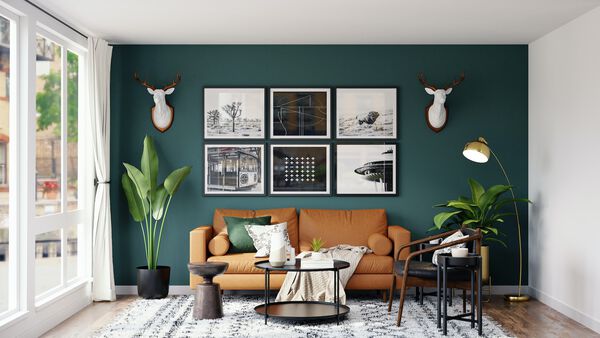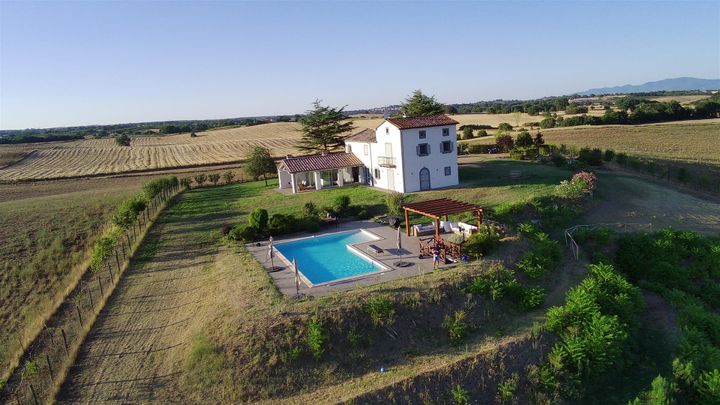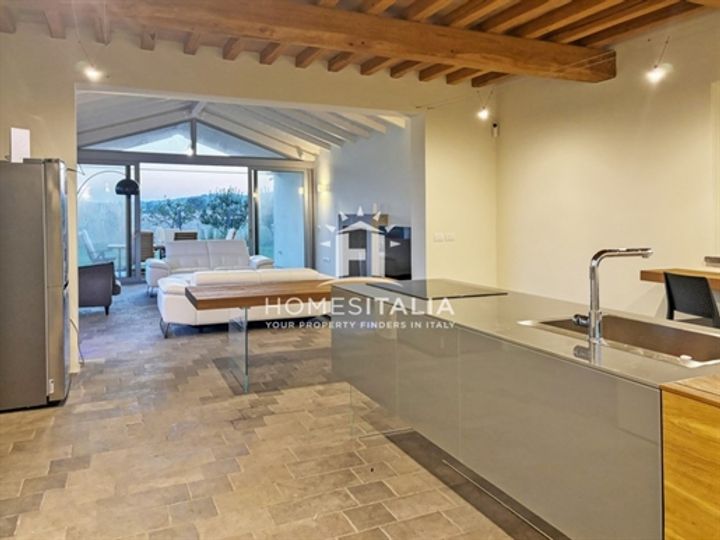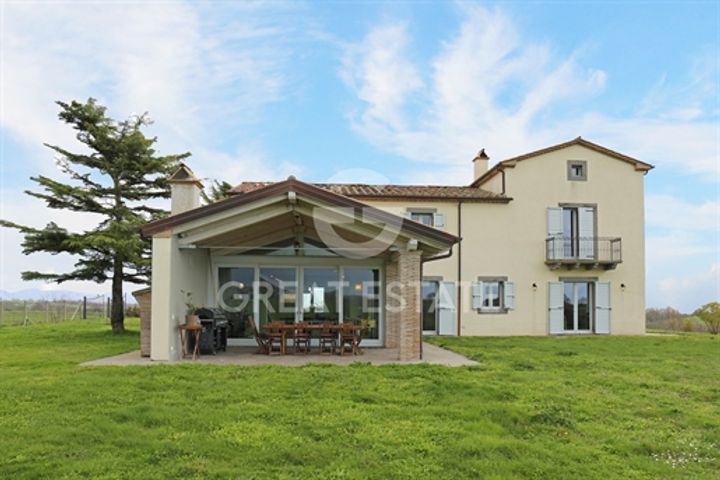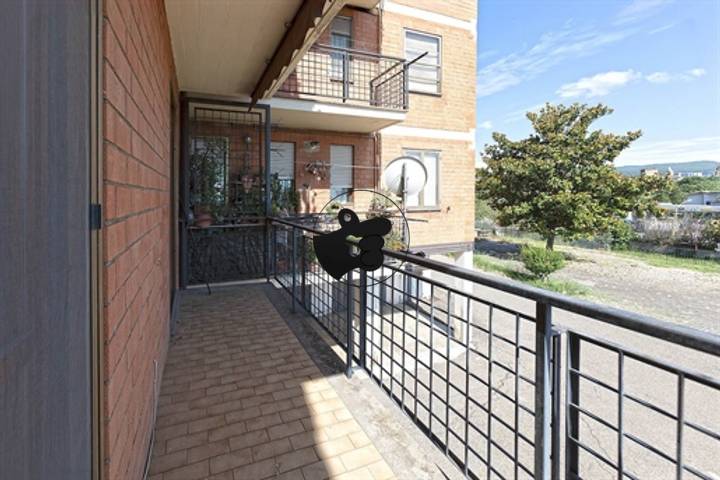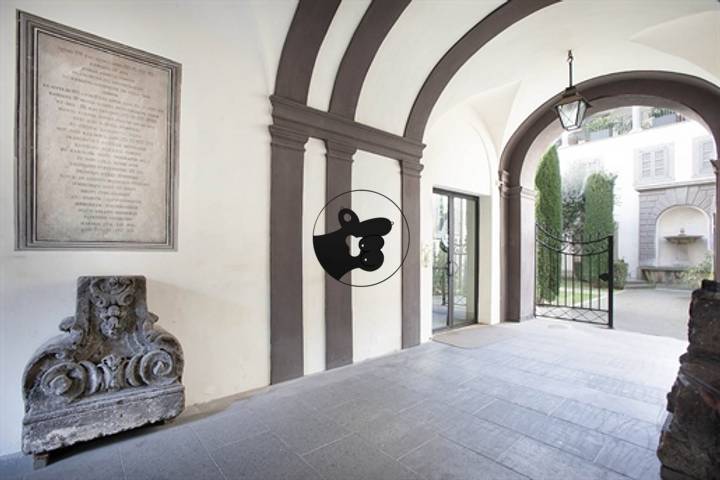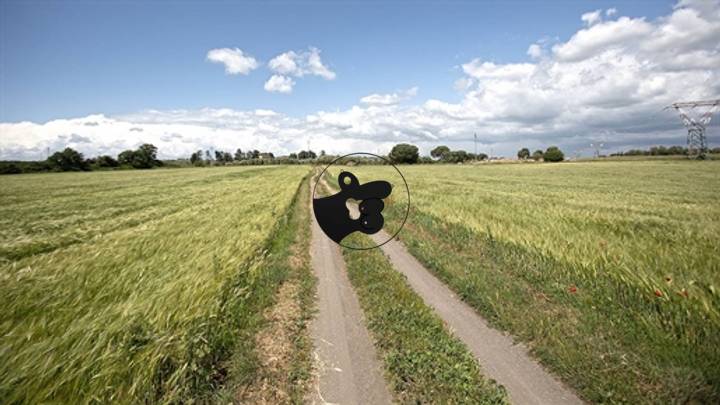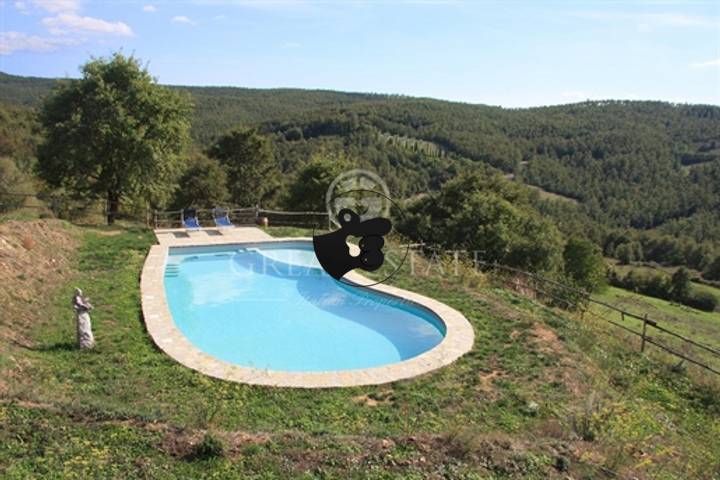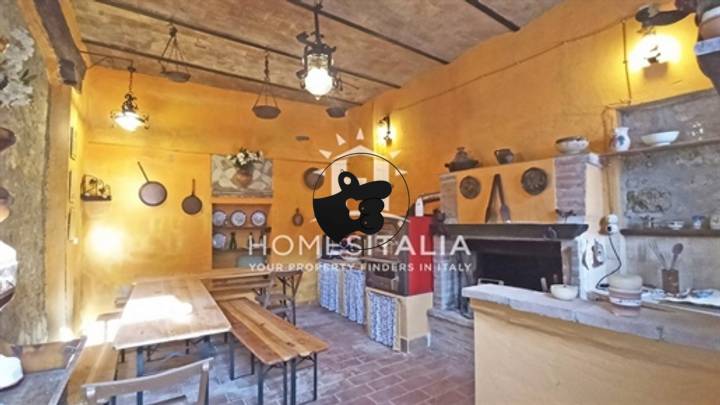Real estate prices in Viterbo are influenced by several key factors. Location is paramount, with properties in the historic center generally commanding higher prices due to their proximity to landmarks, amenities, and cultural attractions such as the Viterbo Cathedral and the Papal Palace. The overall condition and age of a property also play significant roles; well-preserved medieval homes attract buyers willing to pay a premium, while renovation projects may offer more competitive pricing. Additionally, the surrounding environment impacts values; homes with views of the surrounding hills or those close to parks and outdoor spaces tend to be more desirable. Economic conditions, such as local employment rates and the overall growth of the province of Viterbo, further influence demand and pricing dynamics. Finally, tourism can also affect the market, with properties suitable for vacation rentals often marketed at higher prices, particularly in peak seasons.
Viterbo
Location
Price Range
Any price
Price Range
Minimum
No min
Maximum
No max
Property type
Show all
Property type
Show all
House
Apartment
Building
Other
Bedrooms
Any beds
Bedrooms
Minimum
No min
Maximum
No max
Surface Range
Any surface
Surface Range
Minimum
No min
Maximum
No max
Sale type
For sale
Sale type
Show all
To rent
For sale
Location
Apartments and houses for sale in Viterbo
8 results
Recent
Viterbo insights
| Aspect | Summary |
|---|---|
| Population | 65,000 |
| Average Property Price | €1,800 per sqm |
| Rental Yield | 6.5% |
| Average Rent | €600 per month |
| Occupancy Rate | 90% |
| Capital Growth Rate | 3% per annum |
| Property Tax | 1.5% of property value annually |
| Transaction Costs | 7% (including notary and registration fees) |
| Expected ROI | 8% annually |
| Economic Growth Impact | Positive, driven by tourism and local heritage |
Viterbo FAQ
What factors influence real estate prices in Viterbo?
How has the real estate market in Viterbo changed over the last few years?
Over the past few years, the real estate market in Viterbo has experienced notable shifts, spurred primarily by an increase in interest from both domestic and foreign buyers. Property values have risen, particularly in historic areas like the city center, where charming medieval architecture has become a significant draw. A surge in remote working trends has led many professionals from larger cities to seek out more affordable housing options, turning Viterbo into a viable alternative. Furthermore, the appeal of its rich cultural heritage and slower pace of life has attracted retirees and artists, contributing to a higher demand for both residential and vacation properties. The number of restored properties and new developments has climbed, reflecting an investment in preserving the local character while catering to modern tastes. Additionally, the growth of tourism has prompted interest in short-term rental investments, which has further influenced the market dynamics.
What are the average real estate prices in Viterbo right now?
As of late 2023, the average real estate prices in Viterbo, Italy, vary significantly depending on the location and type of property. In the historic center, typical prices for a renovated apartment can range from €1,800 to €2,500 per square meter, reflecting the area's charming architecture and cultural significance. In contrast, properties on the outskirts or in less tourist-centric neighborhoods can see prices around €1,200 to €1,800 per square meter. Single-family homes often range from €200,000 to €400,000, depending on size and amenities. Additionally, a three-bedroom villa might be listed for approximately €350,000 in a desirable area, while smaller, more rustic properties can be found at lower price points, around €150,000 to €250,000. The overall market shows a growing interest, particularly among buyers seeking both investment opportunities and a quieter lifestyle away from larger cities.
Are there specific neighborhoods in Viterbo with higher property values?
Certain neighborhoods in Viterbo exhibit higher property values, often attributed to their historical significance and amenities. The medieval quarter, particularly around the areas of Piazza San Lorenzo and Via San Pellegrino, showcases charming narrow streets and well-preserved architecture, which appeal to buyers interested in a picturesque environment. The vicinity of the University of Tuscia also tends to have elevated property prices, as it attracts students and academic professionals. Additionally, areas near the thermal baths, such as Terme dei Papi, are sought after for their wellness offerings, increasing demand and consequently property values. Neighborhoods with modern amenities, like those close to the city center and shopping areas, also reflect higher prices due to accessibility and convenience.
How do seasonal trends affect real estate prices in Viterbo?
Seasonal trends have a notable effect on real estate prices in Viterbo, with fluctuations often aligned with tourism patterns and local agricultural cycles. During the spring and summer months, the influx of tourists seeking to enjoy the city's historical sites, such as the Papal Palace and the medieval architecture, tends to drive up demand for short-term rentals and vacation homes, resulting in higher property prices. Conversely, the winter months often see a dip in activity as the tourism slows, leading to a decrease in real estate prices. This trend can be particularly evident in areas surrounding attractions, where properties may experience peak rental rates in late spring and summer. Additionally, local agricultural activities, such as the grape harvest in the fall, can influence the market dynamics; buyers may be attracted to rural properties with vineyards during this season, impacting their prices. Ultimately, fluctuating demand based on these seasonal trends creates a distinct rhythm in the Viterbo real estate market.
What financing options are available for buying property in Viterbo?
When considering financing options for buying property in Viterbo, potential buyers typically explore several pathways. One common option is obtaining a mortgage from Italian banks, which often offer loans to foreign buyers. These mortgages usually require a down payment of around 20-30% of the property's value, with interest rates varying widely but generally ranging from 1% to 3% depending on the lender and specific terms. Additionally, some international banks or lenders that operate in Italy may provide specialized mortgage products tailored for expatriates. For those looking at renovations or purchasing older properties, there are government incentives that might include low-interest loans or grants. There are also private equity options, such as crowd-funding platforms, allowing buyers to pool resources for property investments. Lastly, some real estate development firms in Viterbo may offer financing assistance directly to buyers interested in purchasing newly built homes.
Are there any upcoming developments that could impact real estate prices in Viterbo?
Several upcoming developments in Viterbo could significantly impact real estate prices in the area. One notable project is the expansion of infrastructure, particularly the improvement of transport links such as roads and public transportation connecting Viterbo to Rome. This enhancement is expected to make the city more accessible, potentially increasing demand for housing. Additionally, the implementation of new housing projects aimed at revitalizing the historic center could attract younger residents and investors, further escalating property values. The ongoing push for cultural tourism, with investments planned for local heritage sites and tourism facilities, may also draw more visitors and new residents, influencing the local housing market. Lastly, any regional economic initiatives aimed at stimulating local businesses could create jobs, thus increasing the local population and driving up demand for residential properties.
